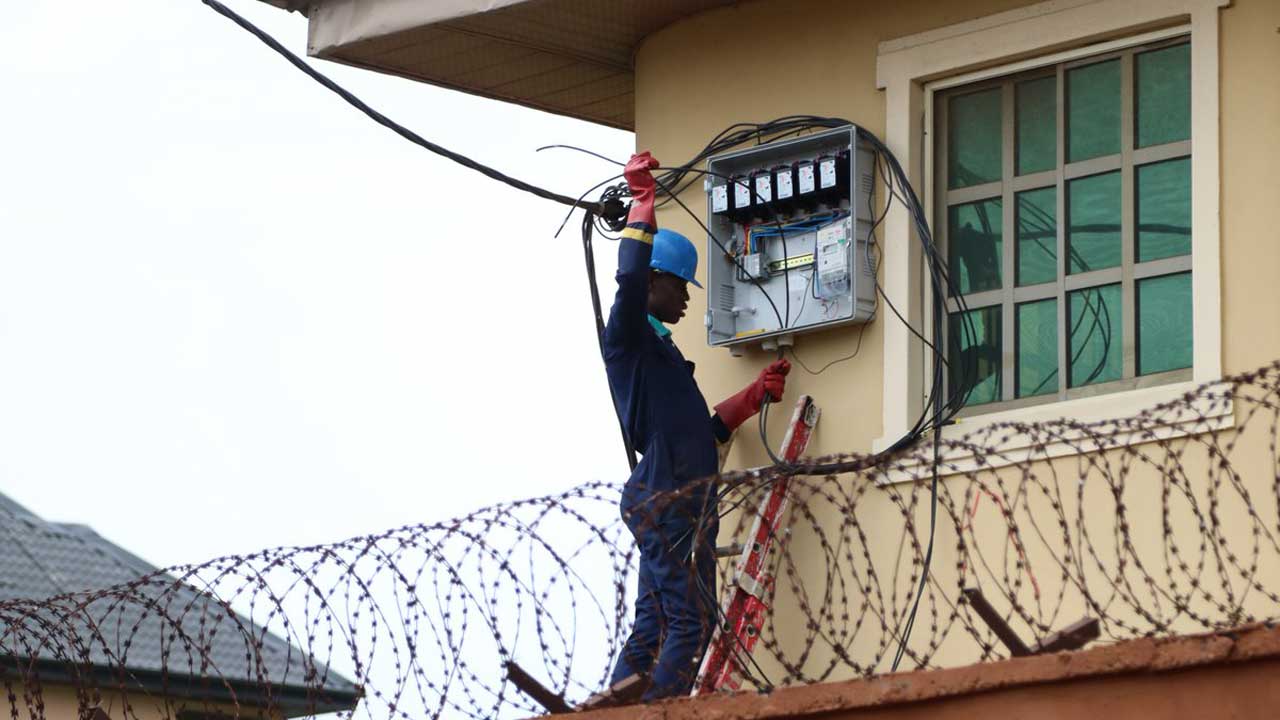
The indebtedness of federal ministries, departments and agencies (MDAs) may persist, weighing on the financial crisis in the power sector even as the government has allocated N15 billion as part payment for the legacy debt.
The Federal Government’s legacy debt to electricity distribution companies (DisCos) remains a significant challenge, exacerbating the financial crisis in Nigeria’s power sector even as most generation companies are struggling to stay afloat with the dismal settlement of invoices.
Last year, about N40 billion was reportedly allocated to offset the debts. The allocation this year is N25 billion lower.
Despite improvement in bill collection efficiency, the financial strain on the sector is disturbing as subsidy payments in 2024 stand at about N2.4 trillion.
The Nigerian Electricity Regulatory Commission (NERC) revealed in its 2023 yearly report that the market shortfall of electricity users stood at N385.7 billion.
The military and paramilitary forces have been the worst culprits.
According to NERC, in the 2023 full-year report, DisCos recorded a bill collection efficiency of 73.65 per cent, receiving N1.07 trillion from customers.
However, the total invoice was N1.4 trillion, leaving a shortfall of over N300 billion.
The FG and its MDAs have historically owed more than N100 billion in unpaid electricity bills, a substantial chunk of which remains unresolved.
This debt includes N47.1 billion owed by 86 MDAs to the Abuja Electricity Distribution Company (AEDC).
Last year, AEDC issued a 10-day disconnection notice to the agencies, including the Presidential Villa, which reportedly owed N1 billion.
DisCos face mounting pressure to meet NERC’s minimum remittance order to avoid sanctions.
However, instead of recovering debts from government agencies, many DisCos impose estimated bills on private consumers to bridge the gap, a practice that has led to widespread dissatisfaction and pushed many end-users, who cannot afford to struggle to obtain prepaid, into energy theft.
Last year, the NERC revealed that customers had been overbilled by N105 billion through estimated billing, prompting the regulator to impose a fine of N10.5 billion on the defaulting DisCos.
The inefficiency in revenue collection has had a serious effect on the power value chain resulting in debts owed to gas suppliers and generation companies.
Some stakeholders had highlighted the detrimental effects of unpaid bills on the liquidity of DisCos and their ability to pay generation companies and the Transmission Company of Nigeria (TCN).
Legal practitioner, Madaki Ameh, noted that the persistent failure to settle electricity bills undermines the sector’s progress, even after privatisation and the introduction of prepaid meters.
Another stakeholder at PwC, Habeeb Jaiyeola, emphasised the importance of deploying prepaid meters to enhance revenue collection and minimise disputes.
He called for collaborative efforts among stakeholders to ensure the power sector’s sustainability, urging government agencies to adopt energy efficiency tools to manage electricity costs.






